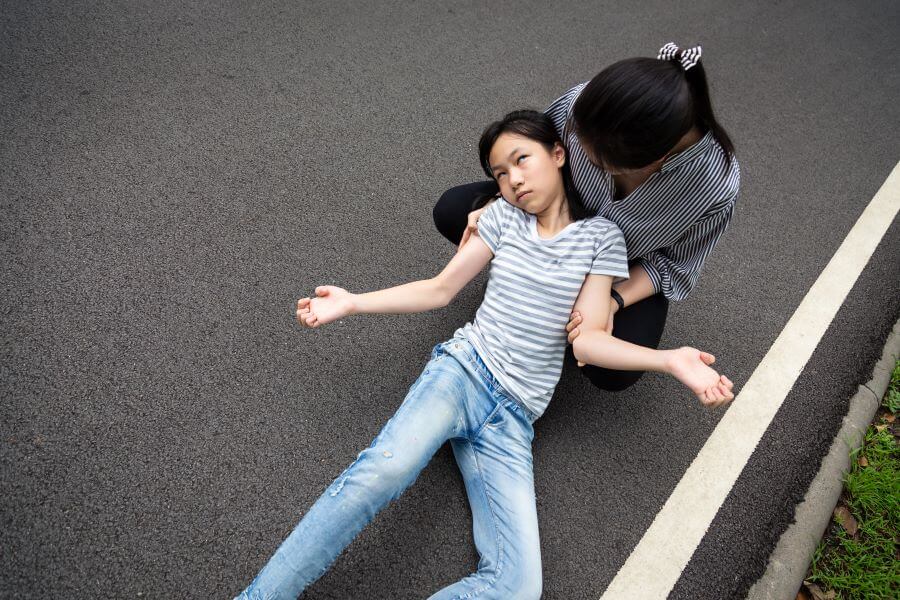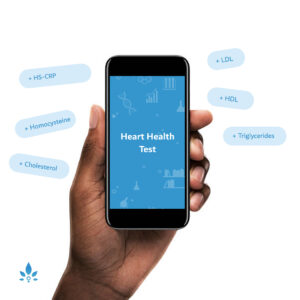What is Landau-Kleffner Syndrome?


Landau-Kleffner syndrome (LKS) is a seizure disorder that is classified as a form of epilepsy. About 25-30 percent of children who have LKS do not experience overt or obvious seizure symptoms, according to the American Speech-Language-Hearing Association (ASHA). Children with LKS typically begin developing normally, then lose their ability to speak or understand speech.
Symptoms a child may experience with LKS include:
- Appearing to not understand what you are saying
- Behavioral changes that range from withdrawn to frequent temper tantrums
- Garbled or jumbled speech that does not make sense
- Loss of language skills
Seizures that may be outward, such as causing shaking, or partial seizures during which a child is conscious, yet cannot speak or move
A pediatric neurologist will typically diagnose LKS. If LKS is suspected, the physician will take a medical history, ask questions about symptoms and when they began, and conduct a physical examination. If further testing is required, the child will typically be referred for an electroencephalogram, or EEG. This test measures brain waves. While children with LKS may not always have EEG changes when awake, they will usually have changes while sleeping, according to NYU Langone Medical Center.
LKS can be very difficult to diagnose because the symptoms closely mirror other conditions, including autism, hearing loss, learning disability, attention deficit hyperactive disorder (ADHD), and childhood schizophrenia.
It\’s especially easy to misdiagnose LKS as autism, since they share some prominent features. In some forms of autism, children also appear to be developing normally and then gradually lose skills. There are, however, important differences between the two, and LKS is not considered an autism spectrum disorder:
A child typically starts developing LKS symptoms between the ages of 5 and 7, while those with autism spectrum disorders (ASD) may show symptoms such as early as 21 months.
Children with LKS typically do not experience as significant impacts to social interactions as those with ASD.
Children with LKS typically maintain eye contact and appear engaged with their surroundings, but may not be able to understand their surroundings. Children with ASD are not typically engaged with others.
Treatments for LKS depend upon the symptoms. For example, children with LKS who have epilepsy can benefit from anticonvulsants or anti-seizure medications. Children who do not respond to these medications may benefit from medication known as intravenous immunoglobulin treatment (IVIG). Speech therapy may help children regain some or all of their speaking abilities, although this process does take time. More controversial interventions include a ketogenic diet to reduce seizures and surgery known as multiple subpial transection, an experimental procedure that severs pathways where abnormal brain activity is present.
Children with LKS typically cease having seizures when they reach adulthood. However, their language symptoms can improve and regress numerous times throughout their lives or may never improve. Children who experience symptoms and are diagnosed after age 6 typically have a better prognosis, particularly when they start speech therapy quickly.
Sources:
- American Speech-Language-Hearing Association
- Identification and Treatment of Landau-Kleffner Syndrome.
Boston Children’s Hospital - Landau-Kleffner Syndrome.
Epilepsy Foundation - Simple Partial Seizures.
National Institute of Neurological Disorders and Stroke - Landau-Kleffner Syndrome.
New York University Langone Medical Center - Landau-Kleffner Syndrome.
Powered by Bundoo®













































